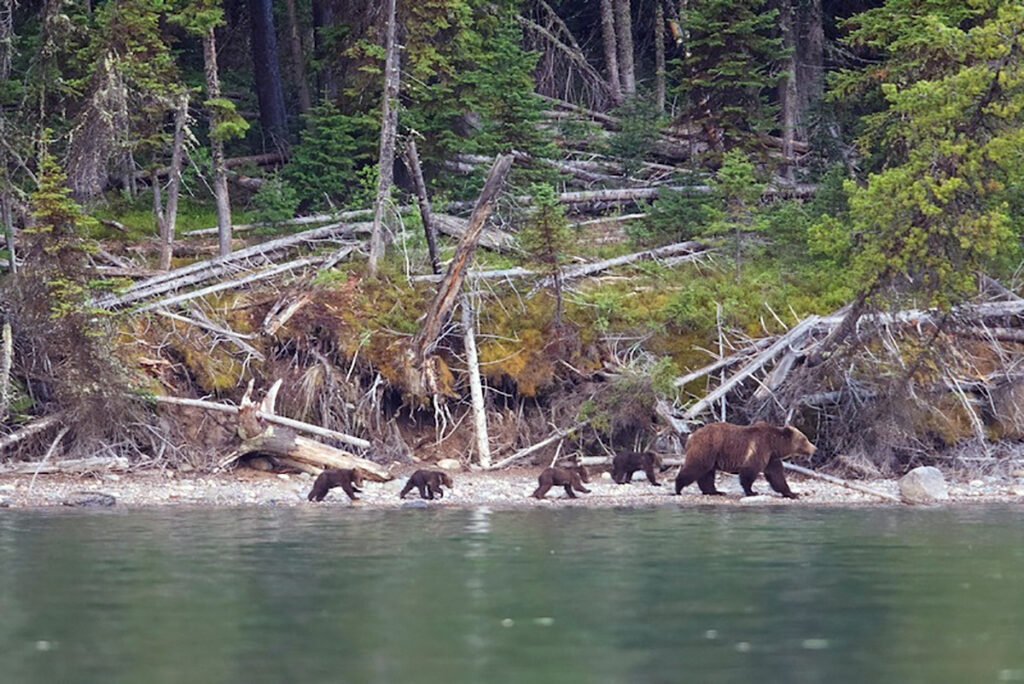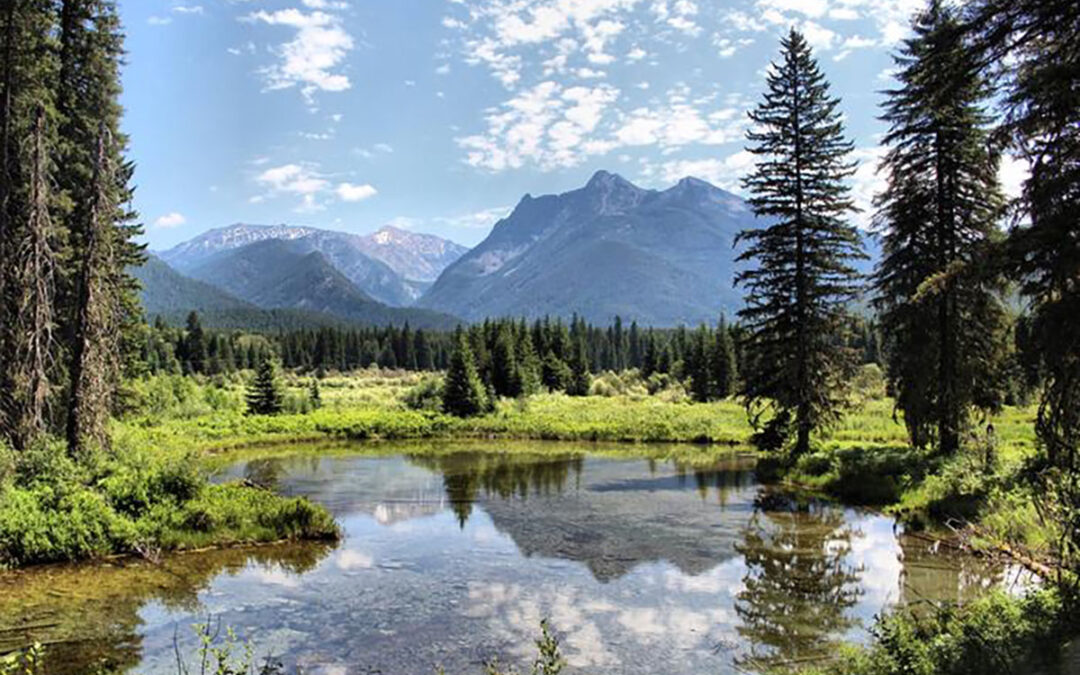Without question, the Cabinet-Yaak grizzly bears are the most isolated and threatened population in Montana. The bad news is that this already small population is going downhill so fast it’s threatened with irreversible inbreeding. The good news is the Alliance for the Wild Rockies and several other conservation co-Plaintiffs just won an incredible court victory to stop the Black Ram massive old growth logging project in its tracks.
The project area encompasses 95,412 acres, including unique features such as the Pacific Northwest Trail, waterways eligible for Wild and Scenic Rivers designation, and the Pete Creek Botanical Area.
The Forest Service and Fish and Wildlife Service are mandated by law to recover, not extinguish, endangered species – and grizzly bears have been listed as ‘threatened” under the Endangered Species Act since 1975. When it comes to recovering, or even maintaining, the Cabinet-Yaak grizzlies, however, both the Forest Service and the U.S. Fish and Wildlife Service continue to fail miserably.

In 2018 the Fish & Wildlife Service counted 54 grizzlies in its monitoring report. In 2019 only 50, down to 45 in 2020, and the 2021 estimate is only 42 bears. That’s a stunning crash of nearly one-quarter of the population in only four years.
Given the crashing population and likelihood of inbreeding, the Court found so many errors and violations of law that it not only stopped the project, but told the agency it had to start over from scratch – which means the agency will likely be required to do a full Environmental Impact Statement.
Even more good news is that the Court found the Forest Service failed to take a “hard look” at the impact on climate change of logging 3,902 acres, 45 percent of which is set to be clearcut. Despite President Biden’s mandate to conserve old growth forests, the project called for logging 579 acres in old growth stands with trees up to 230 years old.
As the Order states: “Ultimately, greenhouse gas reduction must happen quickly, and removing carbon from forests in the form of logging, even if trees are going to grow back, will take decades to centuries to re-sequester. Put more simply, logging causes immediate carbon losses, while re-sequestration happens slowly over time, time that the planet may not have.”
Black Ram also called for reconstructing 93 miles of logging roads and bulldozing in three miles of new roads. The Court found the Forest Service violated its own Forest Plan for road density in grizzly bear habitat by claiming gated or bermed roads are “closed.” But photographic evidence shows that people are illegally driving on these roads by going around the gates or over the berms.
The U.S. Fish & Wildlife Service has long found that roads pose the most imminent threat to grizzlies because they provide easy access into grizzly bear habitat, leading directly to dead bears from accidental shootings and poaching.
The bottom line is that the Cabinet-Yaak grizzly population is failing every recovery target and goal. It is failing the target for females with cubs; it is failing the target for distribution of females with cubs; it is failing the female mortality limit and the mortality limit for all bears – which is 0 until the population reaches 100.
It is long past time for the Forest Service to recover grizzly bears by protecting their habitat as required by law instead of destroying it. Our choice was either challenge the agency in court or watch it log and road the Cabinet-Yaak grizzlies into extinction. We chose to fight and we won!
Please consider helping us to keep fighting for the Cabinet Yaak grizzlies and our planet.
Mike Garrity is the Executive Director of the Alliance for the Wild Rockies.
